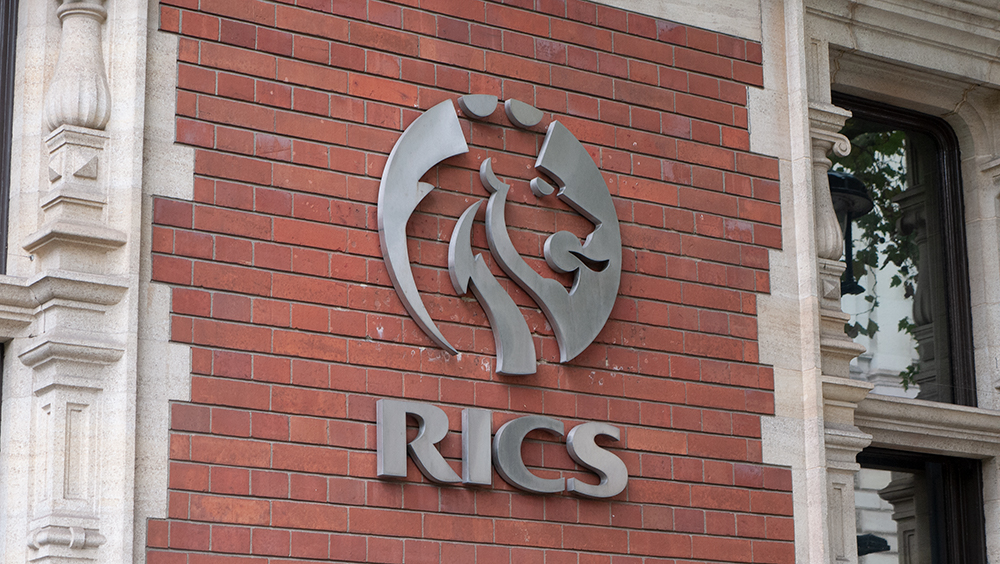Upturn in Scottish infrastructure workloads leads to upturn in expectations

Expectations for Scotland’s construction market in the year ahead have improved off the back of an upturn in infrastructure activity, according to the latest Royal Institution of Chartered Surveyors (RICS) Construction Monitor.
Overall construction workloads fell flat in Scotland through the third quarter of the year, which is an improvement from the -9% that reported a fall in Q2.
Infrastructure was the only sub-sector to see an uplift, with a net balance of 27% of surveyors noting a rise, which is the highest this balance has been since mid-2022. The net balances of the rest of the subsectors were all reported to have fallen: public housing (-5%), private housing (-5%), private industrials (-6%) and other public works (-8%) with the exception of private commercial which was reported to have fallen flat.
Although workloads overall remain subdued, surveyors are now optimistic on the 12-month horizon. A net balance of 25% of Scottish respondents expect workloads to rise over the next year, which is in line with the UK average of 24%.
Despite the positive expectations for workloads in the 12 months ahead, profit margins are expected to remain squeezed over the year. A net balance of -4% of surveyors in Scotland report that they expect profit margins to decrease over the next 12-month period; though this was up from -10% in Q2, and -19% in Q1.
Surveyors in Scotland continue to report shortages in skilled workers. 57% of survey respondents noted a shortage in quantity surveyors, down from 62% in the last survey. 48% of respondents noted a shortage in other construction professionals, up from 45% the quarter previous, and 45% reported a shortage in bricklayers, down from 49% in Q2.
Survey respondent David Jack, of David Jack Associates Ltd in Aberdeen, commented: “It’s clear from feedback that the time planning applications take continues to have a detrimental effect on new projects.”
Nana Akyempim of WLC Edinburgh said that the shortage of skilled labour is making it difficult to attract competitive tenders.
Commenting on the UK picture, RICS senior economist, Tarrant Parsons, said: “These results show some encouraging signs of improvement for the UK construction industry as we move into the final quarter of the year.
“While growth prospects for the next twelve months appear to be brightening, challenges persist, particularly around tight profit margins across the industry and ongoing skills shortages. Industry professionals anticipate an improvement in credit conditions over the year ahead, which should provide a much-needed boost to industry confidence.”





















